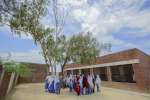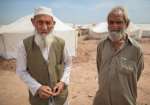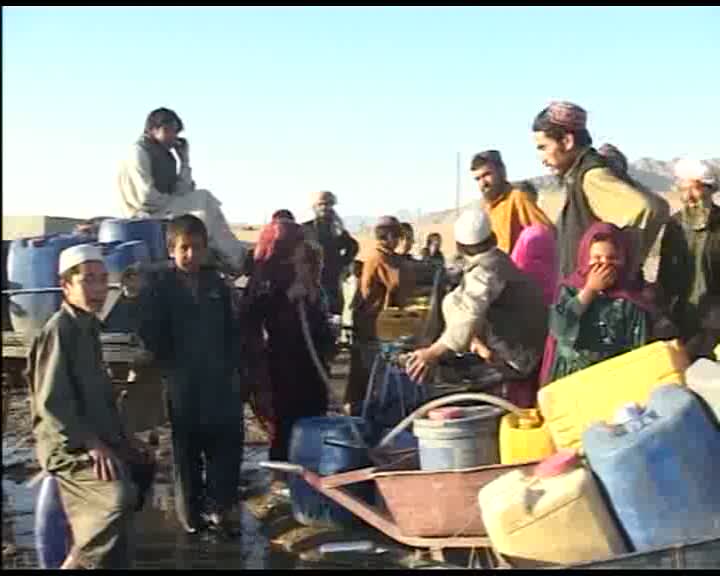- Text size
 |
|  |
|  |
| 
- Français
UNHCR deeply concerned as Sri Lanka continues with deportations
Briefing Notes, 5 August 2014
This is a summary of what was said by UNHCR spokesperson Ariane Rummery – to whom quoted text may be attributed – at the press briefing, on 5 August 2014, at the Palais des Nations in Geneva.
UNHCR has learnt that a total of 36 Pakistani asylum-seekers have been deported from Sri Lanka since last Friday. More could follow, including women and children. UNHCR urges the authorities to stop the deportations and grant us access to refugees and asylum-seekers still detained in Colombo.
The deportations took place between August 1 and 5 following two months of arrests and detentions of people of concern to UNHCR. We understand that most of the deportees have arrived in Pakistan and been released. However, we are unable to monitor their return conditions, and appeal to the Sri Lankan authorities to respect the principle of non-refoulement by not sending people back to a place where their lives could be in danger without the opportunity to assess their needs for international protection.
There are reports that the families of the deported men – including women and children who were not detained – could be sent back to Pakistan shortly. These reports have understandably caused a great deal of anxiety among the refugee and asylum-seeker population in Sri Lanka.
Meanwhile 205 Pakistani, Afghan and Iranian refugees and asylum-seekers remain in detention in Sri Lanka. UNHCR continues to seek access to them to assess their protection needs.
We note the government's public statements that the recent actions were in response to an increase in the number of asylum-seekers in Sri Lanka. UNHCR, which conducts refugee status determination in the country, is taking steps to increase our capacity to enable the efficient and timely processing of these asylum claims. We are also exploring ways to assist the most vulnerable asylum-seekers, including by setting up referral networks for greater support as they await a decision.
UNHCR recognizes the Sri Lankan government's wish for quicker solutions for the refugees. However, resettlement to a third country is not a right and is a limited solution due to the small number of resettlement countries and places globally.
For more information on this topic, please contact:
- In Bangkok, Vivian Tan on mobile +66 818 270 280
- In Geneva, Ariane Rummery on mobile +41 79 200 7617
- In Geneva, Dan McNorton on mobile +41 79 217 3011















































